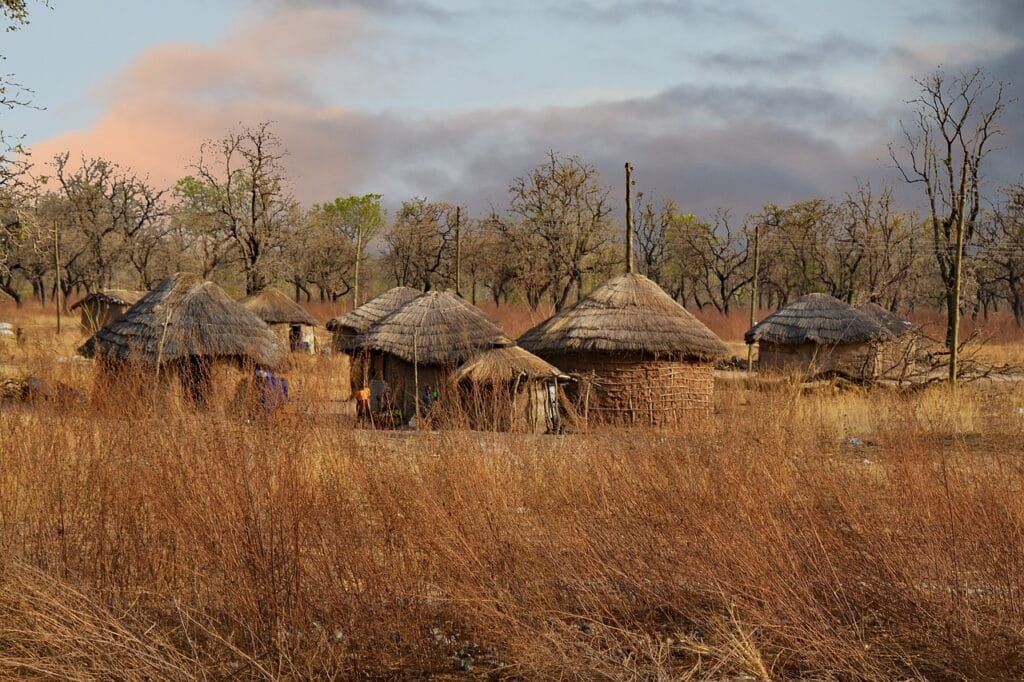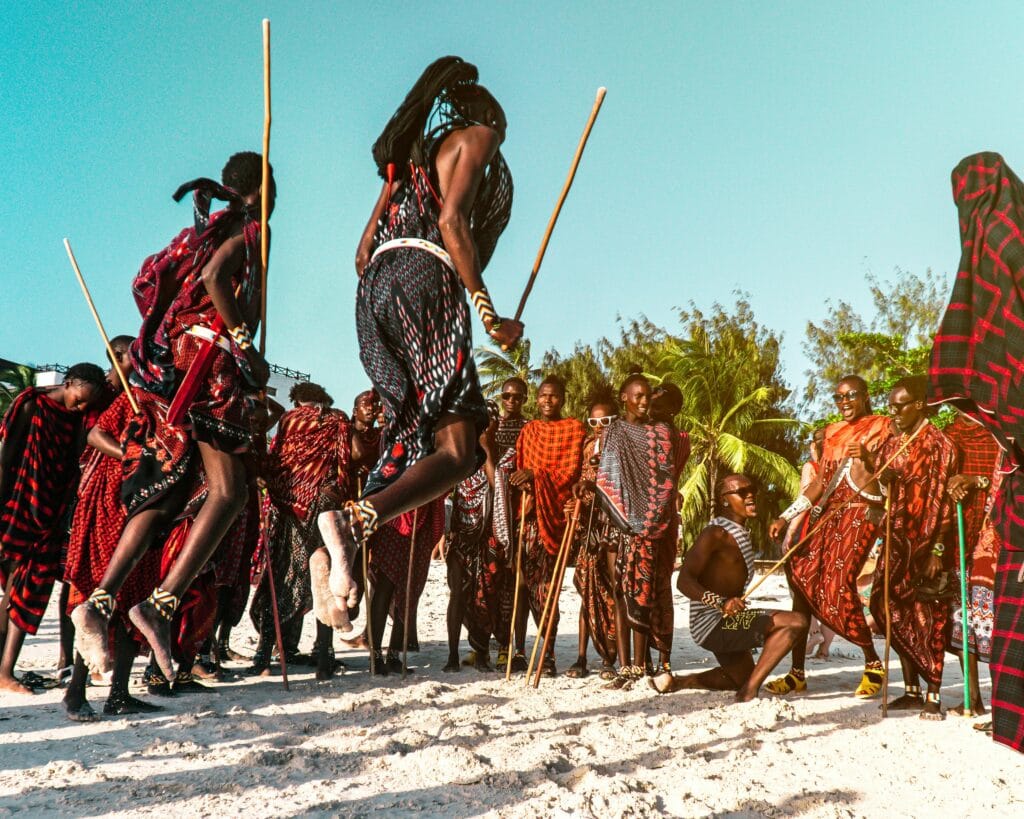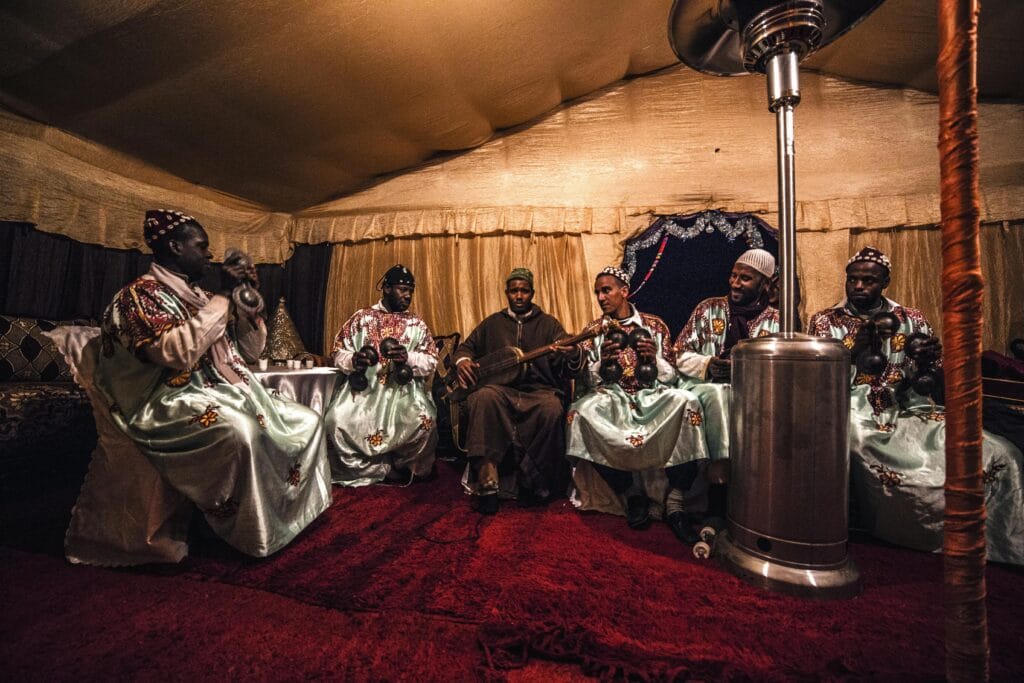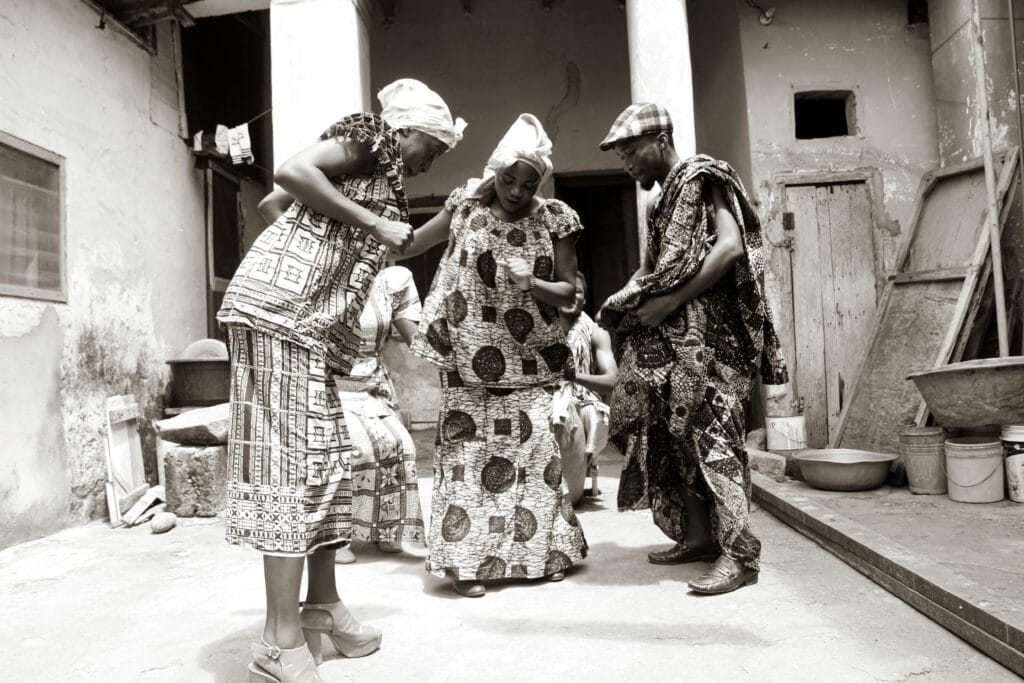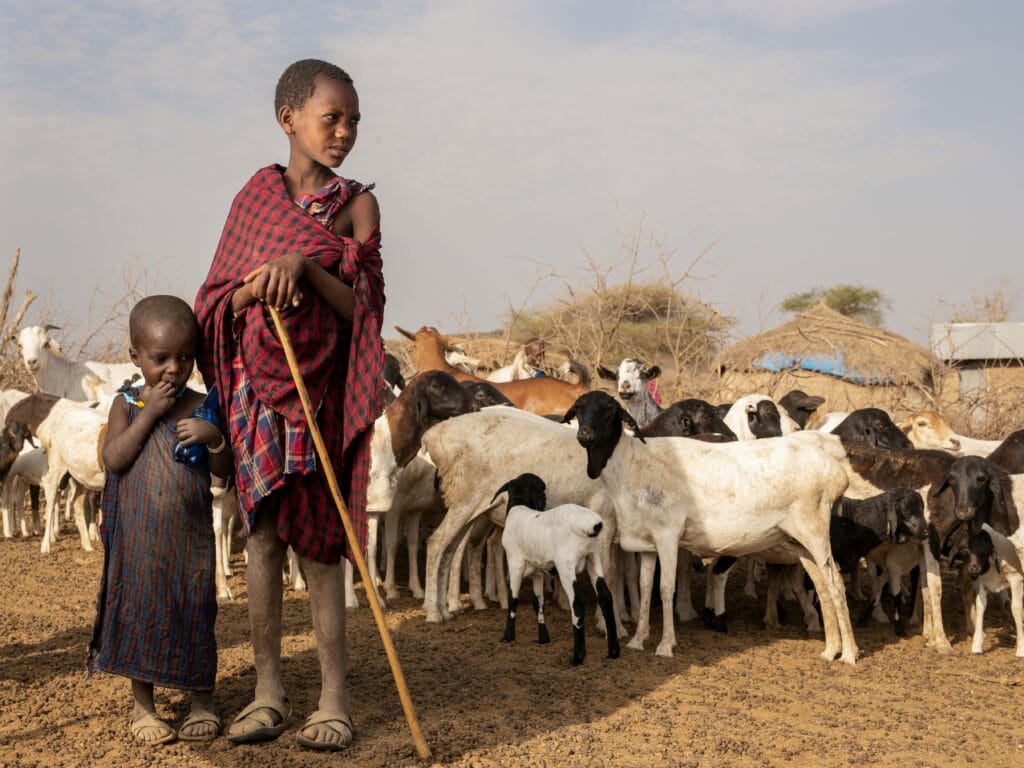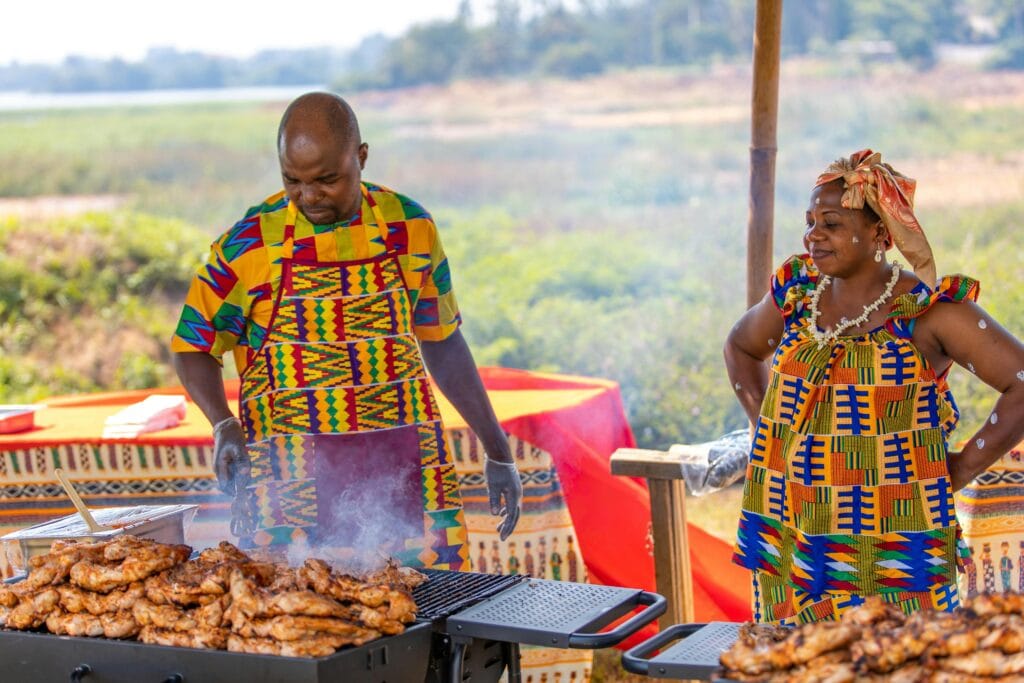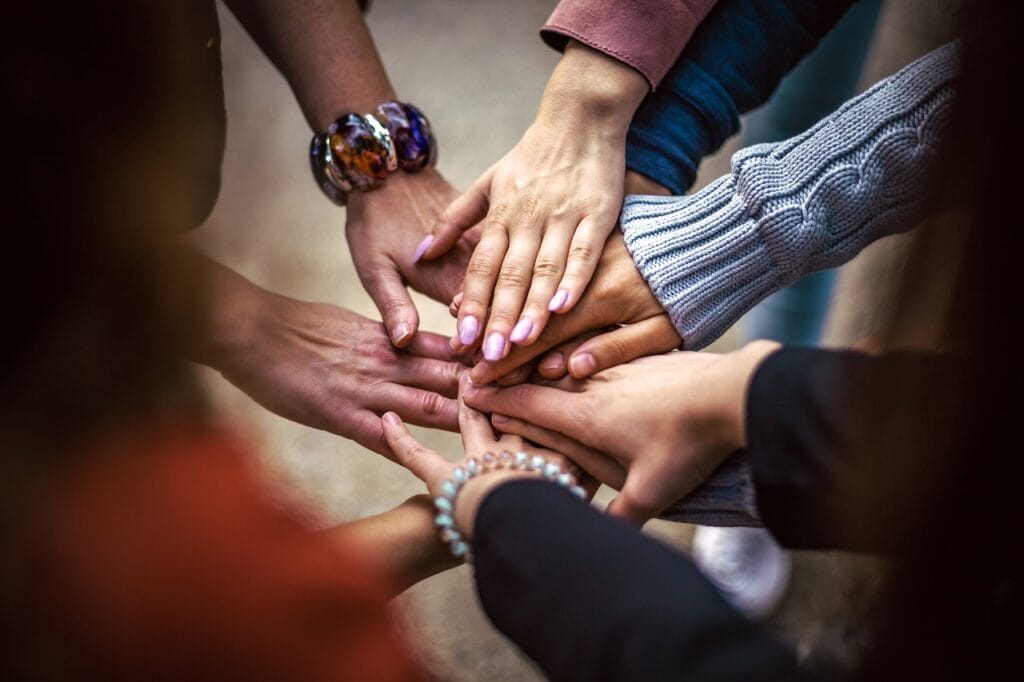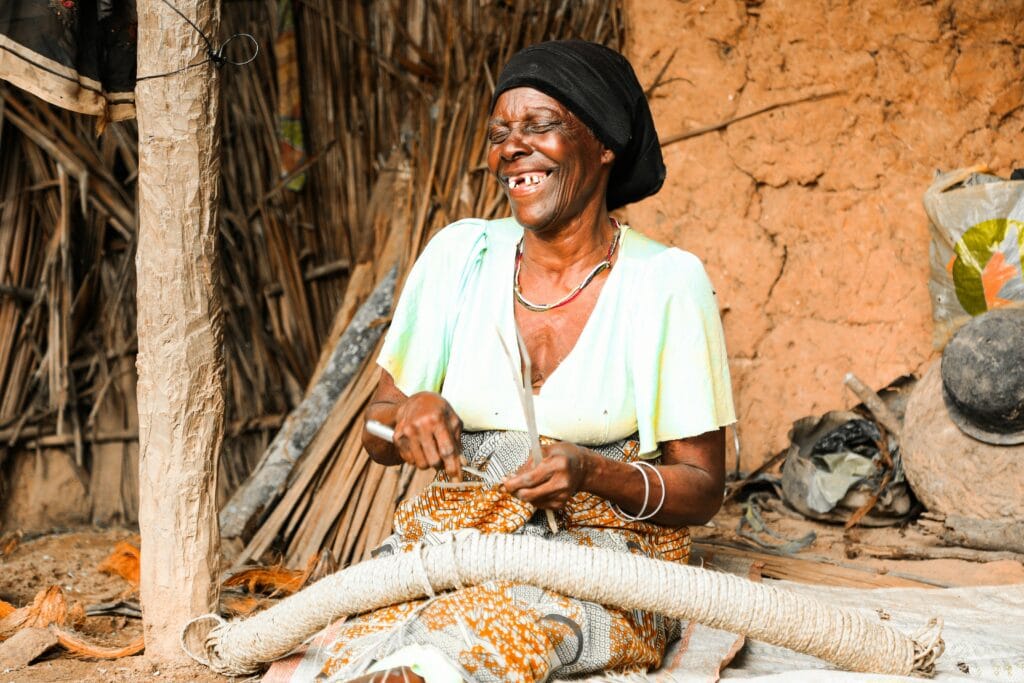Guide to Visiting Traditional Villages in Tanzania: An Immersive Cultural Journey
Tanzania’s traditional villages offer a unique glimpse into the daily lives, customs, and heritage of its diverse communities. Visiting these villages is an enriching experience that goes beyond the typical safari, allowing travelers to connect with the people who call this beautiful country home. Here’s your guide to making the most of your visit while ensuring respect and cultural sensitivity. Book Now 1. Why Visit Traditional Villages? Traditional villages are living museums of Tanzanian culture. They offer: Authentic Experiences: Witness rituals, music, and crafts passed down through generations. Cultural Exchange: Engage with locals, learn their traditions, and share your own stories. Support for Communities: Tourism provides financial support for education, healthcare, and community development. 2. Must-Visit Villages in Tanzania Mto wa Mbu Village: Located near Lake Manyara, this bustling village is a melting pot of over 120 ethnic groups. What to Do: Enjoy guided tours, try local banana beer, and explore vibrant markets. Highlight: Participate in a cooking class to learn how to prepare authentic Tanzanian dishes. Ngorongoro Maasai Villages: Experience the pastoral lifestyle of the Maasai people in the Ngorongoro Highlands. What to Do: Witness traditional dances, learn about livestock practices, and explore their iconic bomas (homesteads). Highlight: Discover the significance of beadwork and its role in Maasai culture. Lake Eyasi Villages: Home to the Hadzabe hunter-gatherers and the Datoga blacksmiths. What to Do: Join the Hadzabe on a hunting trip and watch Datoga artisans forge tools from metal. Highlight: Learn ancient survival skills and listen to captivating oral traditions. Iraqw Villages in Karatu: The Iraqw people are known for their agricultural expertise and distinctive architecture. What to Do: Visit underground homes and participate in farming activities. Highlight: Hear the fascinating history of the Iraqw’s migration and settlement in Tanzania. 3. Tips for a Respectful Visit Dress Modestly: Wear clothing that covers your shoulders and knees as a sign of respect. Learn a Few Words in Swahili: Greetings like “Jambo” (hello) and “Asante” (thank you) go a long way in building rapport. Ask Before Taking Photos: Always seek permission before photographing people, homes, or rituals. Be Open-Minded: Embrace the differences and be curious about their way of life. 4. Activities to Experience in Traditional Villages Craft Workshops: Learn how to make Maasai beadwork, Datoga jewelry, or handwoven baskets. Cooking Classes: Discover the secrets behind dishes like ugali, nyama choma, and spiced curries. Storytelling Evenings: Sit around a fire and listen to tales passed down through generations. Cultural Performances: Enjoy traditional dances and songs that tell stories of love, war, and celebration. 5. Supporting Local Communities Through Your Visit Visiting traditional villages is a way to contribute positively to local communities: Buy Local Crafts: Purchase souvenirs directly from artisans to support their livelihoods. Choose Ethical Tours: Work with operators like Future African Safari that prioritize fair compensation for communities. Respect Traditions: Engage respectfully and honor the cultural significance of what you witness. Why It Matters Traditional villages are the heartbeat of Tanzania’s cultural identity. By visiting and supporting these communities, you help preserve their way of life and foster a deeper understanding of Tanzania’s diverse heritage. Explore Traditional Villages with Future African Safari At Future African Safari, we believe in creating journeys that celebrate Tanzania’s cultural richness. Our carefully curated village tours provide authentic, respectful, and enriching experiences that go beyond the surface. Ready to embark on a cultural adventure? Contact us today to plan your visit to Tanzania’s traditional villages! Customize your Adventure Kilimanjaro 3 tours Safari 9 tours Zanzibar 3 tours
Guide to Visiting Traditional Villages in Tanzania: An Immersive Cultural Journey Read More »

